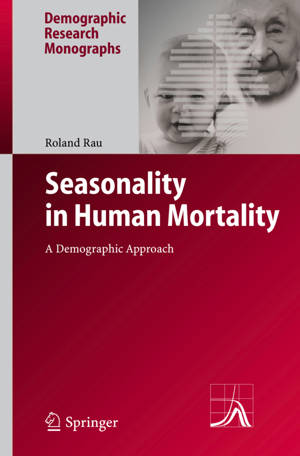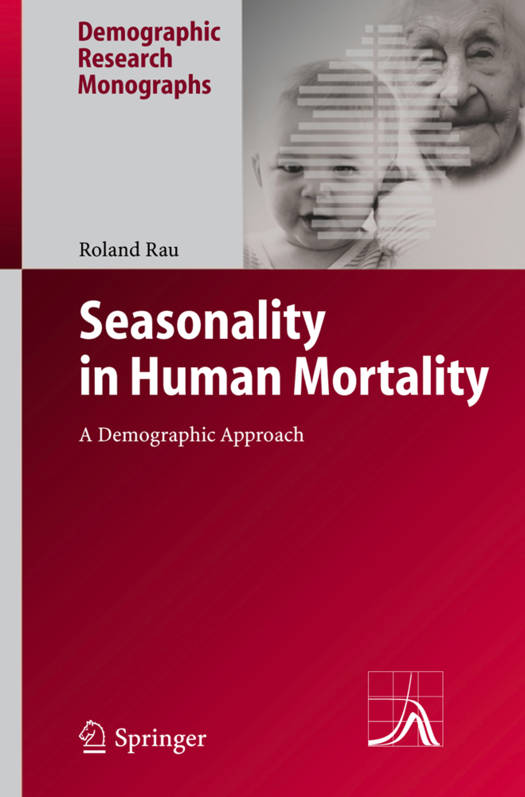
- Retrait gratuit dans votre magasin Club
- 7.000.000 titres dans notre catalogue
- Payer en toute sécurité
- Toujours un magasin près de chez vous
- Retrait gratuit dans votre magasin Club
- 7.000.000 titres dans notre catalogue
- Payer en toute sécurité
- Toujours un magasin près de chez vous
Description
Seasonal fluctuations in mortality are a persistent phenomenon across populations. In Western countries of the Northern hemisphere, mortality is typically larger in winter than in summer which is attributed to the detrimental effects of cold to health. This does, however, not explain why in colder countries the differences between winter and summer mortality are smaller than in countries with warm or moderate climate. This book, therefore, investigates whether sociodemographic and socioeconomic factors play a role as important for seasonal mortality as they do for mortality in general. Using modern statistical methods, the book shows, for example for the United States, that the fluctuations between winter and summer mortality are smaller the more years someone has spent in school.
Spécifications
Parties prenantes
- Auteur(s) :
- Editeur:
Contenu
- Nombre de pages :
- 216
- Langue:
- Anglais
- Collection :
Caractéristiques
- EAN:
- 9783642079504
- Date de parution :
- 25-11-10
- Format:
- Livre broché
- Format numérique:
- Trade paperback (VS)
- Dimensions :
- 156 mm x 234 mm
- Poids :
- 331 g







